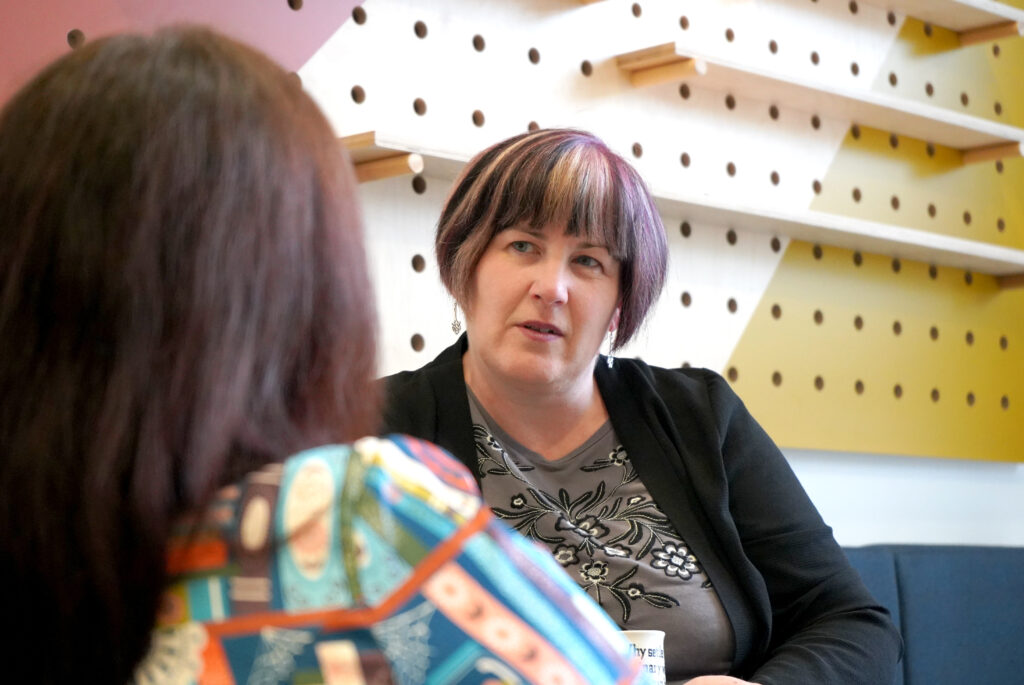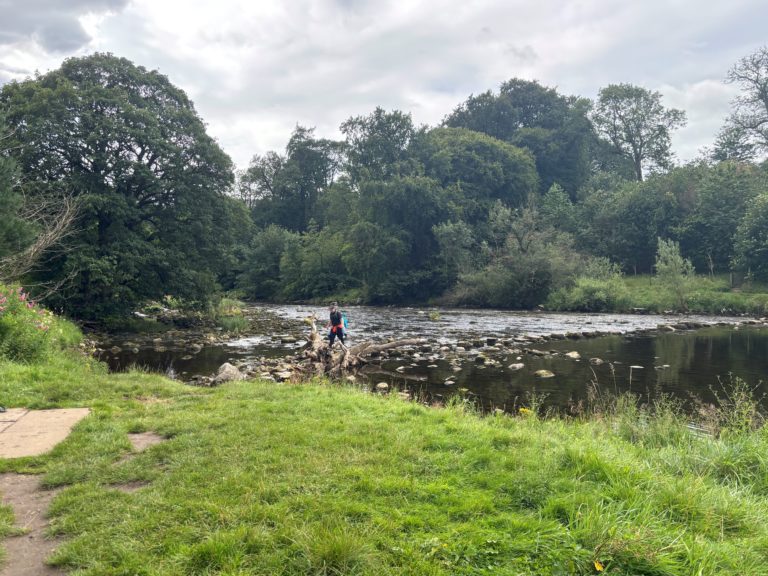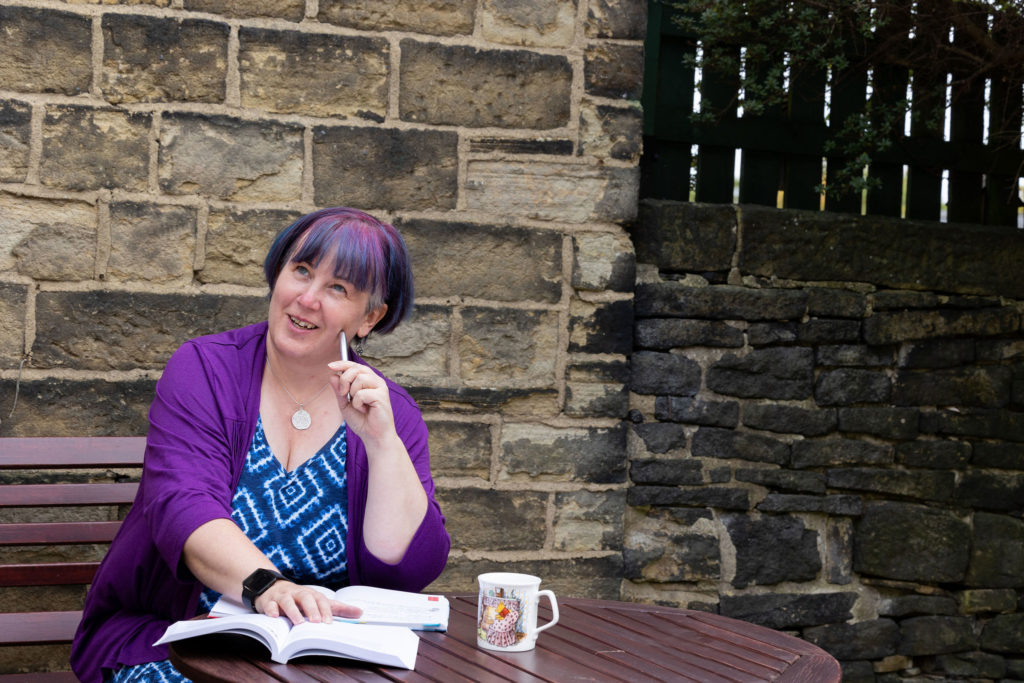Purplemoon Monthly Musing
Posted 28th January 2026
Getting to the Heart of It-Part 3-The Nolan Principles and the Inadvertent Harm They Can Cause- a Purplemoon Monthly Musing

Welcome to Purplemoon Monthly Musings.
On the final Wednesday of every month Jenny will be posting out about a theme that has been appearing in her work, or her life, across all sectors. It could be a topic that particularly resonates with you, or it might be a new concept or idea to you. Either way the aim is to give voice to some thoughts, ponder some questions and explore what this might mean to us as individuals and as a community. Jenny will always aim to credit original sources as she explores the musings title and will welcome your comments and contributions to keep the musing going! This blog is also published on LinkedIn. Follow Jenny here.
Welcome to the January monthly musing, the first of 2026, and the final instalment of the trilogy ‘Getting to the Heart of It’.
For those in education in the UK, and in other public sector roles, the influence of The Seven Principles of Public Life—the Nolan Principles—may not always be obvious. Yet they are the ethical foundation behind the Teachers’ Standards and underpin the Headteacher Standards that shape the expectations placed upon every teacher and leader. These seven principles are:
- Selflessness
- Integrity
- Objectivity Accountability
- Openness
- Honesty
- Leadership


On the surface, they appear reasonable, even admirable. But when they are translated into the Teachers’ Standards, their impact becomes more complex. The preamble states:
‘Teachers make the education of their pupils their first concern and are accountable for achieving the highest possible standards in work and conduct.’
Part Two extends this further, requiring teachers to demonstrate consistently high standards
‘within and outside school.’
The implication is clear: once you become a teacher, your private and public conduct are held to the same uncompromising standards, you cannot be fallible, human.
This raises important questions. Where do these standards begin and end? To what extent are teachers responsible for navigating systemic, organisational or societal failings? What does selflessness mean when placed beside the very real need for self-care? Where does accountability for a student’s learning, behaviour and attitude start—and where should it reasonably finish?
This environment is the soil from which high‑stakes accountability has grown. How much do we take upon ourselves, when it is not our error or mistake to bear? This plays out in supervision again and again. What does selflessness really look like? In addition, for teachers, challenging poor behaviour or unethical practice from leaders can feel dangerous. The professional cost of speaking up is often high.
In Part Two of this trilogy, I discussed collusion and the importance of recognising, avoiding and managing it. But collusion does not only exist between colleagues or supervisors; supervisees may also be colluding and perpetuating toxicity or poor interpersonal behaviour unknowingly, their ‘norm’ reshaped by organisational culture.
These experiences form the backdrop of many conversations I now have in my supervisory role.
I also look back and ask myself: how long did I collude? As a mentor and professional tutor, I assessed students and NQTs (now ECTs) against the very standards I am now interrogating. Did I know better? No, but somewhere within me I knew it didn’t quite sit right when taking a humanistic view. My overarching frame was ‘you do the best you can’, and ‘no one is perfect’ – but was it enough?
Teachers who step into leadership roles adopt the Headteacher Standards, which build upon the Teachers’ Standards and extend them further. Among these expectations is the requirement that
‘Headteachers uphold and demonstrate the Seven Principles of Public Life at all times.’
The Standards also require leaders to behave ethically, fulfil their responsibilities fully, and model the behaviour of a ‘good citizen’. This shifts the expectation from doing the right thing to being the right thing—a significant leap.

There is a cost to this never‑ending selflessness, openness and accountability. We see it in recruitment and retention struggles, in burnout, and in leaders leaving the profession. And to my great sadness, leaving with a feeling that they weren’t ‘good enough’. To supervise effectively, we must recognise how deeply the Nolan Principles permeate the system.
This became clear during a discussion with my cross‑professional peer supervision group. The ethical frameworks for therapists explicitly include self‑care—a requirement notably absent from the teaching framework. The contrast created an ‘aha’ moment for all of us.

In supervision, we must help practitioners explore how ethical frameworks shape their decisions, self-perceptions and boundaries. What does it mean to uphold ethical and professional responsibilities while maintaining one’s own self?
I am not arguing for the removal of the Nolan Principles. Ethical standards matter deeply. But self-care must sit alongside them as an ethical imperative. Without it, selflessness becomes self‑erasure, accountability becomes fear, and leadership becomes unsustainable.




















